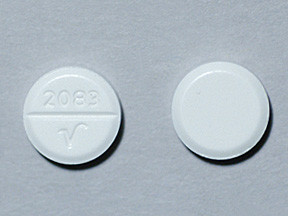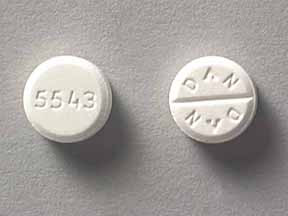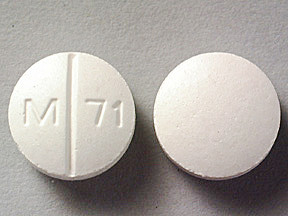ALLOPURINOL - ORAL
PHONETIC PRONUNCIATION: (AL-oh-PURE-i-nol)
COMMON BRAND NAME(S): Zyloprim
GENERIC NAME(S): allopurinol
Uses
USES: Allopurinol is used to treat gout and certain types of kidney stones. It is also used to prevent increased uric acid levels in patients receiving cancer chemotherapy. These patients can have increased uric acid levels due to release of uric acid from the dying cancer cells. Allopurinol works by reducing the amount of uric acid made by the body. Increased uric acid levels can cause gout and kidney problems.
How to use ALLOPURINOL - ORAL
HOW TO USE: Take this medication by mouth, usually once daily or as directed by your doctor. Take this medication after a meal to reduce stomach upset. If your dose is more than 300 milligrams a day, you will need to take several smaller doses during the day to get this amount (ask your doctor for directions). It is best to drink a full glass of water with each dose and at least 8 more glasses (8 ounces each) of fluid a day. If your doctor has directed you to drink less fluid for other medical reasons, consult your doctor for further instructions. Your doctor may also instruct you on how to decrease acid in your urine (e.g., avoiding large amounts of ascorbic acid/vitamin C). Dosage is based on your medical condition and response to treatment. Use this medication regularly to get the most benefit from it. To help you remember, take it at the same time(s) each day. For the treatment of gout, it may take up to several weeks for this medicine to have an effect. You may have more gout attacks for several months after starting this medicine while the body removes extra uric acid. Allopurinol is not a pain reliever. To relieve pain from gout, continue to take your prescribed medicines for gout attacks (e.g., colchicine, ibuprofen, indomethacin) as directed by your doctor. Tell your doctor if your condition persists or worsens.
Side Effects
Precautions
Interactions
Overdose
Images
Reviews
Faq for ALLOPURINOL - ORAL
Allopurinol is used to treat gout and certain types of kidney stones caused by high levels of uric acid in the body.
Allopurinol works by reducing the production of uric acid in the body, thus preventing the formation of uric acid crystals that can cause gout attacks or kidney stones.
If you miss a dose, take it as soon as you remember. However, if it is close to the time for your next dose, skip the missed dose and resume your regular dosing schedule. Do not take a double dose.
Common side effects of Allopurinol include skin rash, nausea, vomiting, diarrhea, and drowsiness. However, serious side effects such as severe allergic reactions are rare but possible. It is important to seek medical attention if you experience any severe side effects.
No, Allopurinol should not be started or increased during a gout attack as it can worsen the symptoms initially. It is usually recommended to start Allopurinol once the attack has subsided.
Allopurinol may take several weeks to months to start working effectively. It is important to continue taking the medication as prescribed, even if you do not notice an immediate improvement in your symptoms.
Allopurinol may interact with certain medications, so it is important to inform your doctor about all the medications you are taking, including over-the-counter drugs and herbal supplements. Your doctor will determine if any adjustments need to be made.
It is generally recommended to avoid using Allopurinol during pregnancy or breastfeeding unless specifically prescribed by a doctor. It is important to discuss the potential risks and benefits with your healthcare provider in such cases.
Yes, Allopurinol is often used for long-term treatment to control and prevent recurrent gout attacks and kidney stone formation. It is important to regularly monitor uric acid levels and consult with a doctor for appropriate dosage adjustments.
Disclaimer
IMPORTANT: HOW TO USE THIS INFORMATION: This is a summary and does NOT have all possible information about this product. This information does not assure that this product is safe, effective, or appropriate for you. This information is not individual medical advice and does not substitute for the advice of your health care professional. Always ask your health care professional for complete information about this product and your specific health needs.



No Reviews Yet